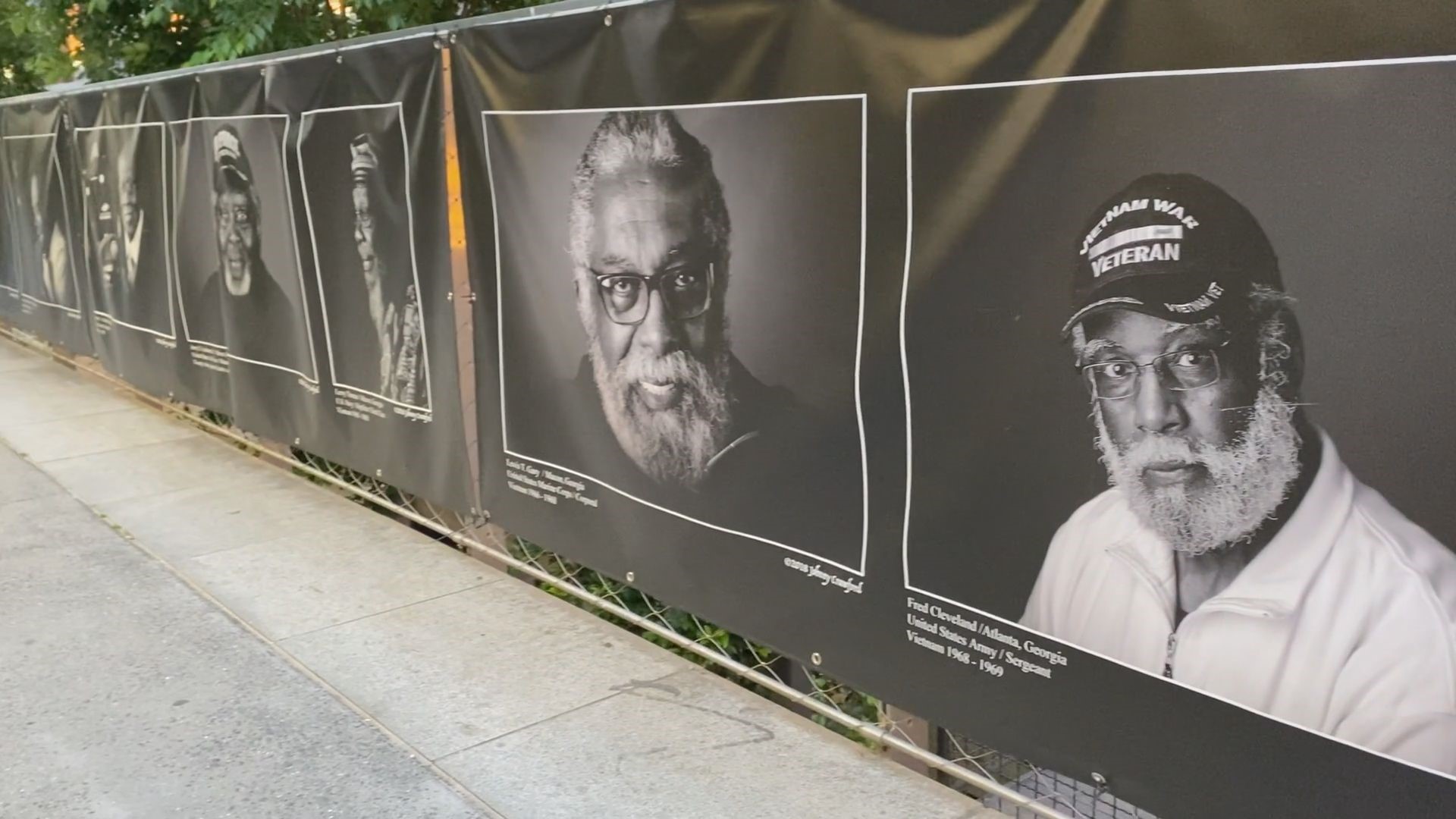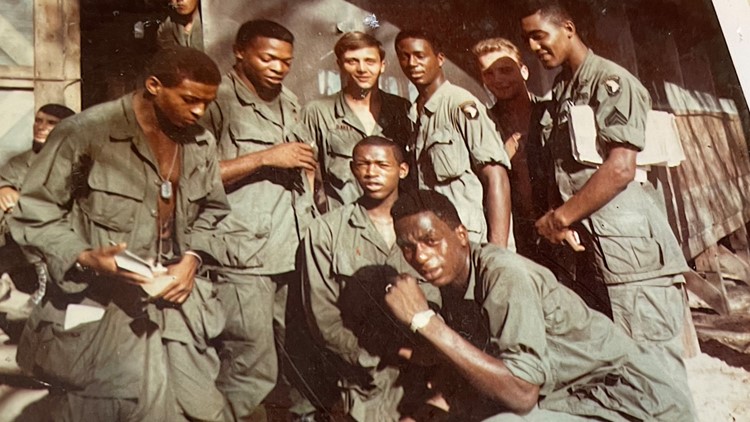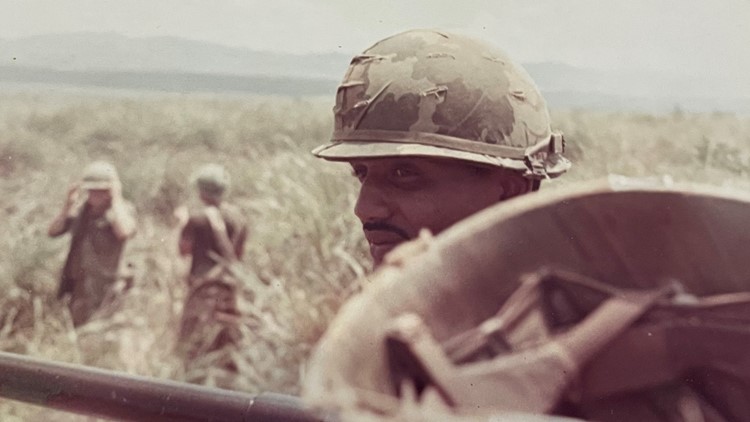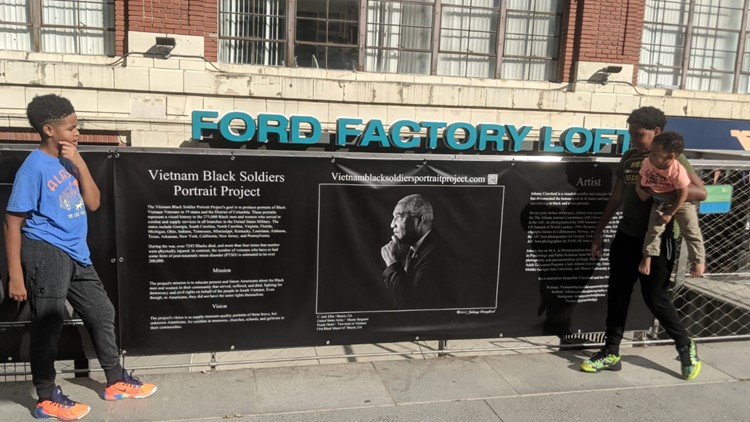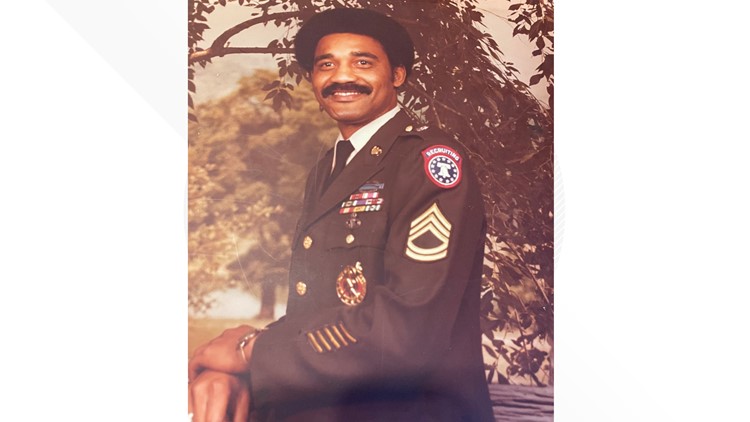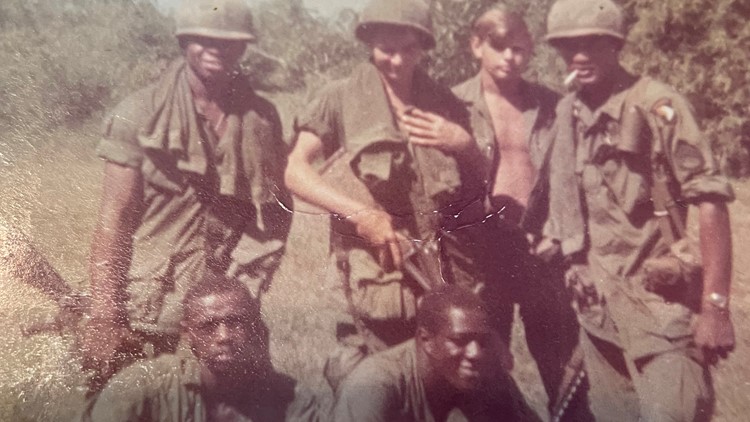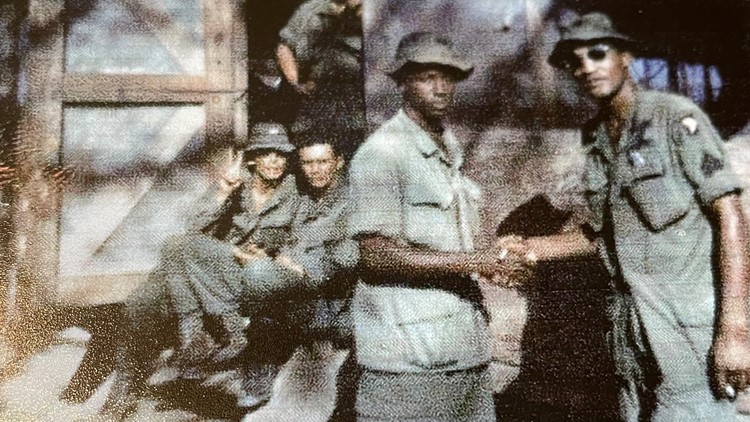MACON, Ga. — During the Vietnam war, more than 7,000 Black soldiers died, according to the National Archives records.
Many of those Black veterans, who are still living today, say they face mental trauma. They still remember coming home to the United States and not feeling appreciated.
"The first few months were hell. You didn't have time to absorb what was going on. I'm 18-years-old now remember," Lewis Gary said.
After joining the United States Marine Corps* in 1966, Lewis Gary trained and went to Vietnam. Within a few months, Gary says he was almost killed by enemy fire.
"I was hit by a sniper, with our own weapon -- the M-14 rifle," Gary said.
In the hospital, Gary found out his right arm was paralyzed. When he regained use of his arm, he returned to combat.
"We had to get down, and a lot of the guys, like I said, they panicked. If you ever hear Motor coming in, and they hitting so close to you," Gary said.
Two months after that attack, Gary ended his three years in the service. He returned to a country dealing with the civil rights movement, Martin Luther King's assassination, and more.
From Macon to Atlanta: Black Vietnam Veterans honored in portrait project
"It is like everything had changed, they did not care about what we had done or been through and I'm saying, 'Somebody say, 'Hey man, thank you for your service.'," Gary said.
Gary says today he is finally getting the recognition he longed for. It's through a portrait exhibit that made a stop in Macon back in 2019 at the Tubman Museum, and now Atlanta, honoring black Vietnam veterans.
"Take the portraits, leave the portraits in the community, so the kids coming up can understand what they did," Johnny Crawford said.
Photographer Johnny Crawford created the Vietnam Black Soldier's Portrait Project highlighting Georgia veterans like Gary and former Macon Mayor C. Jack Ellis.
"I was overwhelmed with number one it was pride, I was very proud. I was very proud of the fact my grandsons could see their papa on the beltway, but the Atlanta beltway," Ellis said.
Crawford says 29 of the 33 portraits are along the BeltLine in Atlanta right now -- a route more than a million people use yearly, according to the BeltLine website.
"The only way you are going to understand history is if you get more 'his-story.' You get a more diverse view of what history is. History does not have color. History doesn't have all good or all bad. History is just moments in time," Crawford said.
"You have Black Americans that fought in a war that was not popular, and we served our country well and we appreciate the thoughts, what people are doing now for us," Gary said.
Thanks to Crawford, Black Vietnam vets like Gary will forever be cherished and honored for their service.

